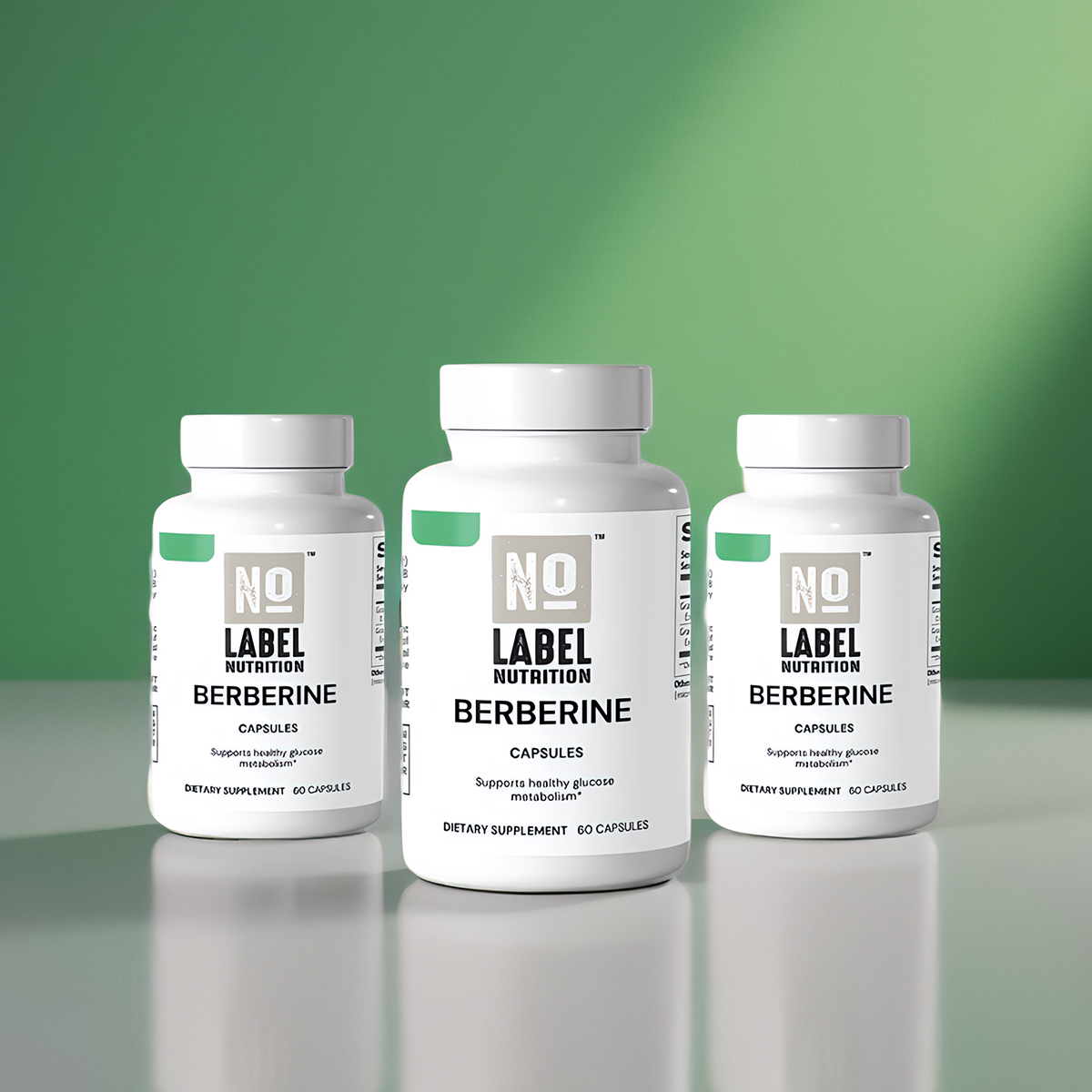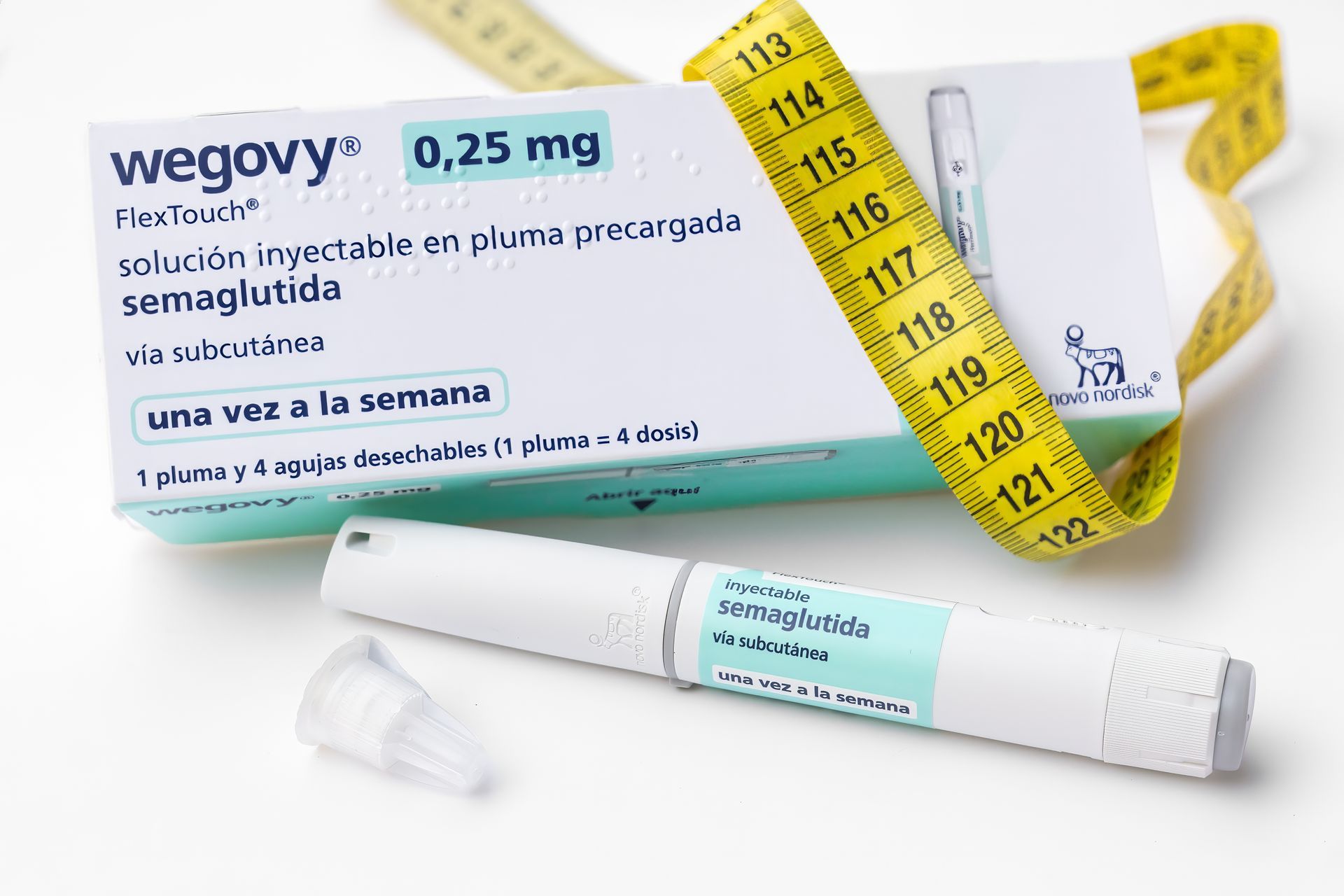The Top 10 Hidden Dangers of Store Bought Supplements | Kansas City Laser-Like Lipo
The Top 10 Hidden Dangers of Store Bought Supplements | Kansas City Laser-Like Lipo

Photo Credit: Shutterstock
The Top 10 Hidden Dangers of Store Bought Supplements: Throughout my 14 years of clinical practice and running Kansas City Laser-Like Lipo®, I have found that so many of my new patients assume that all vitamins and mineral supplements are the same, not realizing that there are two types of supplements: Synthetic vs Whole Food. In general, over 90% of supplements sold at retail stores and small businesses are synthetic (fake) vitamins/supplements.
Manufacturers often use synthetic vitamins over whole food vitamins because they are cheaper and easier to produce. Furthermore, synthetic vitamins can be easily modified to contain additives, such as flavoring, that make them more appealing to consumers. Synthetic vitamins can seem like a quick and easy solution to fill nutrient gaps in one’s diet; however, they can have a lot of hidden dangers.
From contaminants such as heavy metals to high levels of added sugar, synthetic vitamins can cause serious health issues if not taken properly. It is important to read labels carefully and speak to a doctor before taking any kind of vitamin supplement to ensure one is not putting themselves at risk of these hidden dangers.
What Are Synthetic Vitamins?
Synthetic vitamin supplements are man-made products that contain lab created vitamins, minerals, and other micronutrients in concentrated forms. These supplements are designed to provide a convenient way to fill any nutrient gaps in the diet, as well as potentially provide health benefits. Synthetic vitamin supplements come in a variety of forms, including tablets, capsules, powders, and liquids.
However, it is important to note that synthetic vitamins are not the same as natural forms of vitamins. Whole food vitamins are obtained from food sources and contain additional nutrients, such as enzymes and cofactors that may improve their absorption. Additionally, synthetic vitamins may contain additives or contaminants that can be harmful if ingested in high enough concentrations. It is important to read labels carefully and speak to a doctor before taking any kind of synthetic vitamin supplement to ensure one is not putting themselves at risk of any adverse effects.
Here are the Top 10 Hidden Dangers of Synthetic Supplements:
1: May Interact with Medications
Synthetic vitamins can interact with medications, causing a variety of health complications. When taken in conjunction with certain drugs, synthetic vitamins can decrease the effectiveness of the medication or even cause dangerous side effects. For example, the synthetic form of Vitamin K can interfere with blood-thinning medications, such as warfarin, and can increase a person’s risk of bleeding complications. Additionally, synthetic vitamins can interact with some cancer treatments, making them less effective. Therefore, it is important to consult with your doctor before taking any type of supplement, especially when on any type of medication.
The risks associated with taking synthetic vitamins are just one reason why it is important to choose natural, whole food supplements over synthetic vitamins. Whole food supplements are made from real food sources and contain naturally occurring nutrients and compounds that are safe for consumption. These supplements are also free from additives, fillers, or preservatives, meaning they are free from the potentially hazardous substances found in synthetic vitamins. Therefore, for safety and efficacy, it is best to opt for whole food supplements instead of synthetic options.
2: May Contain Unapproved and Unsafe Ingredients
Synthetic vitamins can contain unapproved and unsafe ingredients, which have the potential to cause serious health complications. Many synthetic vitamins do not adhere to the same quality and safety standards as traditional vitamins, and some may even contain substances that are banned in certain countries or unsafe for certain people. Additionally, synthetic vitamins may contain contaminants such as heavy metals, microbes, or other impurities that can cause adverse reactions or other health issues. It is important to read labels and check for third-party certifications from reliable organizations to ensure that the synthetic vitamins being taken are safe to consume.
Another potential danger of synthetic vitamins is the possibility of added sugar or artificial sweeteners. Synthetic vitamins may be formulated with added sugar to make them more palatable, but too much added sugar can lead to problems such as obesity, diabetes, and heart disease. Additionally, some artificial sweeteners can cause adverse side effects in some people, so it is important to read labels carefully and avoid synthetic vitamins with added sugar or artificial sweeteners.
3: Can Be Contaminated with Heavy Metals
Synthetic vitamins can contain heavy metals, which can cause serious health complications if ingested in high enough concentrations. Heavy metals such as lead, mercury, and arsenic can accumulate in the body and cause organ damage, as well as affect neurological development in children and fetuses. Additionally, exposure to heavy metals has been linked to an increased risk of cancer in some cases. For this reason, it is important to check third-party certifications on synthetic vitamins to ensure they are free from heavy metal contaminants.
Another potential risk from synthetic vitamins is the presence of microbial contamination. Microbial contamination can occur when vitamins are manufactured in unsanitary conditions and can cause illnesses such as food poisoning. Additionally, microbial contamination can lead to issues such as spoilage or reduced shelf life, reducing the effectiveness of the vitamins. It is important to read labels carefully and buy from reliable suppliers to ensure that the synthetic vitamins being taken are free from microbial contaminants.
4: May Contain High Levels of Added Sugar
Synthetic vitamins can contain high levels of added sugar, which can cause a range of health issues. Too much added sugar can lead to weight gain, as well as an increased risk of type 2 diabetes and heart disease. Consuming too much added sugar can also disrupt the body’s natural balance, making it more difficult to regulate blood sugar levels and contributing to low energy levels. It is important to read labels carefully and avoid synthetic vitamins with added sugar to reduce the risk of these issues.
Another potential danger of synthetic vitamins with added sugar is that it can mask the taste of certain micronutrients, making them less palatable for certain people. This can make it difficult to get the recommended daily intake of certain nutrients, leading to deficiencies and other health issues. For this reason, it is important to read labels carefully and find synthetic vitamins without added sugar to ensure one is getting enough vital nutrients.
5: May Not Be Standardized
Synthetic vitamins may not be standardized, which means that the quantity and quality of the vitamin components may vary between different batches. Not all synthetic vitamins have been tested for safety and quality, and due to poor manufacturing standards, it is possible that some batches may contain fewer vitamins than expected or contain contaminants such as heavy metals or microbes. This can greatly reduce the effectiveness of the vitamins and potentially cause serious health problems. For this reason, it is important to read labels carefully and purchase synthetic vitamins from reliable suppliers to ensure they are standardized and safe to consume.
Another issue with unstandardized synthetic vitamins is that they may contain higher amounts of certain micronutrients, which can lead to an imbalance in the body. Too much of one nutrient can interfere with the absorption of other nutrients, and, in some cases, can even cause toxicity. It is important to speak to a doctor before taking any kind of synthetic vitamin supplement in order to ensure that it will not cause an imbalance or negative side effects.
6: May Cause Nausea, Abdominal Cramps, and Diarrhea
Synthetic vitamins can cause nausea, abdominal cramps, and diarrhea if they are taken in too high doses or if they contain added sugar or other ingredients that may be difficult to digest. High doses of synthetic vitamins can overwhelm the digestive system, potentially leading to digestive upset. Additionally, synthetic vitamins may contain ingredients that can cause an allergic reaction or are not tolerated well by certain people. For this reason, it is important to read labels carefully to ensure that the synthetic vitamins being taken are free from ingredients that could cause unwanted side effects.
Another way synthetic vitamins can cause digestive upset is if they are not stored properly or are contaminated with microbes. Improper storage can lead to the growth of bacteria or fungi, which can cause digestive distress. It is important to store synthetic vitamins in a cool, dry place, and to buy them from reliable suppliers to avoid potential contamination. Additionally, it is important to read labels carefully and avoid synthetic vitamins with added sugar or other potentially irritating ingredients.
7: May Increase Risk of Stroke
Synthetic vitamins can increase the risk of stroke if they contain high levels of certain nutrients, such as vitamin A and iron. Too much of these nutrients can cause an imbalance and raise levels of homocysteine in the body, which is a major risk factor for stroke. Additionally, synthetic vitamins may contain AGEs (advanced glycation end-products) which are associated with an increased risk of stroke. For this reason, it is important to speak to a doctor before taking any kind of vitamin supplement in order to ensure one is not putting themselves at risk of a stroke.
Another way synthetic vitamins can increase the risk of stroke is through their effect on cholesterol levels. Many synthetic vitamins contain added fats or oils which can raise cholesterol levels. High cholesterol levels can lead to blockage of the arteries, which can increase the risk of stroke. It is important to read labels carefully and avoid synthetic vitamins with added fats or oils to reduce the risk of stroke.
8: May Cause Liver Damage
Synthetic vitamins can cause liver damage due to their potential interaction with certain medications, as well as the high concentration of certain micronutrients. Certain medications such as statins and antibiotics can interact with synthetic vitamins, potentially causing liver inflammation or damage. Additionally, synthetic vitamins may contain high levels of nutrients such as vitamin A, iron, and zinc which can accumulate in the liver and cause an overload. For this reason, it is important to speak to a doctor before taking any kind of vitamin supplement to ensure that it will not cause any adverse effects on the liver.
Another way synthetic vitamins can cause liver damage is through contamination with heavy metals such as lead, mercury, and arsenic. These toxins can accumulate in the body, causing liver inflammation and damage. Additionally, certain synthetic vitamins may also be contaminated with microbial contaminants, which can cause liver damage if ingested in high enough concentrations. It is important to read labels carefully and purchase synthetic vitamins from reliable suppliers to avoid potential contaminants and reduce the risk of liver damage.
9: May Interact with Medical Treatments
Synthetic vitamins can interact with medical treatments, potentially reducing the effectiveness of the treatment or causing adverse reactions. For example, certain synthetic vitamins may contain compounds that interfere with chemotherapy drugs, potentially reducing their efficacy or causing side effects. Additionally, synthetic vitamins can interact with other medications, potentially reducing their effectiveness or causing unwanted side effects. It is important to speak to a doctor before taking any kind of vitamin supplement in order to ensure that it will not interfere with medical treatments or medications.
Another potential issue with synthetic vitamins is that they may contain substances that are not approved for use in certain countries. In some cases, unapproved ingredients can interact with medical treatments, reducing their efficacy and possibly even causing side effects. It is important to read labels carefully and buy from reliable sources to ensure that the synthetic vitamins being taken are safe and free from unapproved ingredients.
10: May Increase the Risk of Blood Clots
Synthetic vitamins can increase the risk of blood clots due to the potential for them to contain high levels of certain micronutrients. Excess levels of certain nutrients such as vitamin A, iron, and zinc can accumulate in the body and disrupt normal clotting factors, potentially leading to an increased risk of blood clots. Additionally, certain synthetic vitamins may contain added fats or oils which can raise cholesterol levels, contributing to blockage of the arteries and an increased risk of blood clots. It is important to read labels carefully and avoid synthetic vitamins with added fats or oils to reduce the risk of blood clots.
Another way synthetic vitamins can increase the risk of blood clots is through their effect on inflammation. Many synthetic vitamins contain compounds that can cause inflammation in the body, which can lead to excessive clotting. Additionally, synthetic vitamins may contain toxins such as heavy metals, which can also contribute to inflammation and an increased risk of blood clots. It is important to read labels carefully and purchase synthetic vitamins from reliable suppliers to ensure they are free from toxins and other contaminants.
What did the New York State Attorney General’s Office find out about synthetic supplements tested from 4 major retailers in 2015?
In 2015, the New York State attorney general’s office accused four major retailers of selling fraudulent and potentially dangerous supplements and demanded that they remove the products from their shelves. The authorities said they had conducted tests on top-selling store brands of supplements at four national retailers: GNC, Target, Walgreens, and Walmart, and found that four out of five of the products did not contain any of the herbs on their labels. The tests showed that pills labeled medicinal herbs often contained little more than cheap fillers like powdered rice, asparagus, and houseplants, and in some cases substances that could be dangerous to those with allergies.
Among the attorney general’s findings was a popular store brand of ginseng pills at Walgreens, promoted for “physical endurance and vitality,” that contained only powdered garlic and rice. At Walmart, the authorities found that its ginkgo biloba, a Chinese plant promoted as a memory enhancer, contained little more than powdered radish, houseplants, and wheat, despite a claim on the label that the product was wheat and gluten-free.
Three out of six products at Target; ginkgo biloba, St. John’s wort and valerian root, a sleep aid tested negative for the herbs on their labels. But they did contain powdered rice, beans, peas, and wild carrots. And at GNC, the agency said it found pills with unlisted ingredients used as fillers, like powdered legumes, the class of plants that includes peanuts and soybeans, a hazard for people with allergies.
The attorney general sent the four retailers cease-and-desist letters and demanded that they explain what procedures they use to verify the ingredients in their supplements.
What Are Whole Food Supplements and Why Are They Considered to Be Superior to Synthetic Supplements?
Whole food vitamin supplements are becoming increasingly popular as an alternative to traditional synthetic vitamins. Unlike synthetic vitamins, whole food supplements contain natural nutrients that are obtained from food sources. These supplements also contain additional components such as enzymes and cofactors that may improve their absorption and provide additional health benefits. Additionally, whole food supplements are typically free from additives, contaminants, added sugar, or other potentially dangerous ingredients, making them a safer and more natural option.
When compared to synthetic vitamins, whole food supplements offer several advantages. For one, whole food supplements are often easier to digest than synthetic vitamins and may be better absorbed by the body. Additionally, many research studies suggest that these supplements may provide more health benefits than synthetic vitamins. For example, some studies have found that whole food supplements may help reduce inflammation, lower blood pressure, and boost the immune system.
Whole food supplements are also thought to be safer than synthetic vitamins. Many synthetic vitamins do not adhere to the same quality and safety standards as traditional vitamins, and some may even contain substances that are banned in certain countries or unsafe for certain people. Additionally, synthetic vitamins may contain contaminants such as heavy metals, microbes, or other impurities that can cause adverse reactions or other health issues. By contrast, whole food supplements are typically free from toxins and contaminants, making them a safer choice.
Overall, whole food vitamin supplements are rising in popularity due to their potential health benefits and safety. These supplements are thought to provide more health benefits than synthetic vitamins and are typically free from additives, contaminants, and other potentially dangerous ingredients. For these reasons, it is important to read labels carefully and purchase whole food supplements from reliable suppliers to ensure one is getting the most out of their vitamins.
Why I Started No Label Nutrition™ and Why Our Ingredients Are Organically Grown in Utah?
It is important to remember that not all whole food supplements are safe. While they can be a beneficial part of a nutritious and healthy diet, it is important to make sure the supplement doesn’t contain any unnecessary additives or fillers, as well as contaminants such as heavy metals or chemicals. Additionally, some supplements may interact with medications, so it is important to check with a doctor before taking them. It is also important to practice moderation when taking supplements, as consuming too much of one type of nutrient can have negative side effects. Therefore, be sure to research the supplement and ensure that it is safe before incorporating it into your diet.
During my years of clinical practice, I have only found two manufacturers that produce the highest quality, GMP Certified, organic, non-GMO ingredients in the United States. The rest of the companies I have researched, truthfully, have products that have extremely low-quality whole food ingredients, or their products are just simply gross tasting.
Out of the two manufacturers that produce extremely high-quality whole food nutritional products, they both only sell their products to licensed physicians and one of the company’s products are disgusting tasting to most consumers. After a lot of conversations over the course of a year with my all-time favorite manufacturer, they agreed to produce all our products for our No Label Nutrition™ supplement company. What really sets this manufacturer apart is that they grow all of their ingredients organically in the state of Utah, except for their protein which is sources from New Zealand, their wild Alaskan salmon oil, and brown rice that they use in some of their formulations which is sourced from Montana.
Organic ingredients that are grown in Utah are superior to those grown in other states and countries due to various factors. Utah's high-altitude, diverse microclimates create a unique setting for food production. The hot days, cool nights, and frequent rainstorms provide a variety of climates which allow crops to thrive without intervention from artificial fertilizer or pesticides. This results in superior nutrition, flavor, and preservation of food.
The quality of organic ingredients that are grown in Utah is better because of strict regulations and standards for food production. Utah only allows the use of organic practices such as crop rotation, composting, and cover crops to naturally improve soil quality. This ensures that crops are grown with the utmost care and attention and that the nutrients remain in the soil. Additionally, these practices also promote biodiversity, which supports the health of the soil, plants, animals, and people.
In addition to superior quality, the organically grown ingredients found in Utah also offer a higher nutritional value than other whole food ingredients. Since they are grown with minimal interventions, the nutrient content of the food remains intact. This means that nutrition is not lost due to soil depletion or the use of artificial fertilizers. Furthermore, organic ingredients are free of chemicals, GMOs, and other harmful substances, providing a healthy and safe option for individuals and families.
In conclusion, I recommend that my patients avoid synthetic vitamin supplements due to their potential for health risks and negative side effects. Being that synthetic vitamins are chemically manufactured, lacking the naturally occurring compounds that make whole food supplements so beneficial, they don’t provide the nutrition quality and quantity that whole food vitamins provide. They also can contain potentially hazardous compounds such as fillers, dyes, and preservatives that can be harmful to the body.
Furthermore, when taken in excessive amounts, synthetic vitamins can lead to adverse reactions such as nausea, vomiting, headaches, and fatigue. For these reasons, it is important to be mindful of what types of vitamins and supplements you are taking and to avoid synthetic vitamins whenever possible. Remember as well, not all whole food vitamins are of the highest quality, and due diligence should be performed researching a specific vitamin brand before purchasing. I hope this article on the Top 10 Hidden Dangers of Store Bought Supplements has been helpful! At Kansas City Laser-Like Lipo®, we are here to help you in anyway that we can.











Share On: